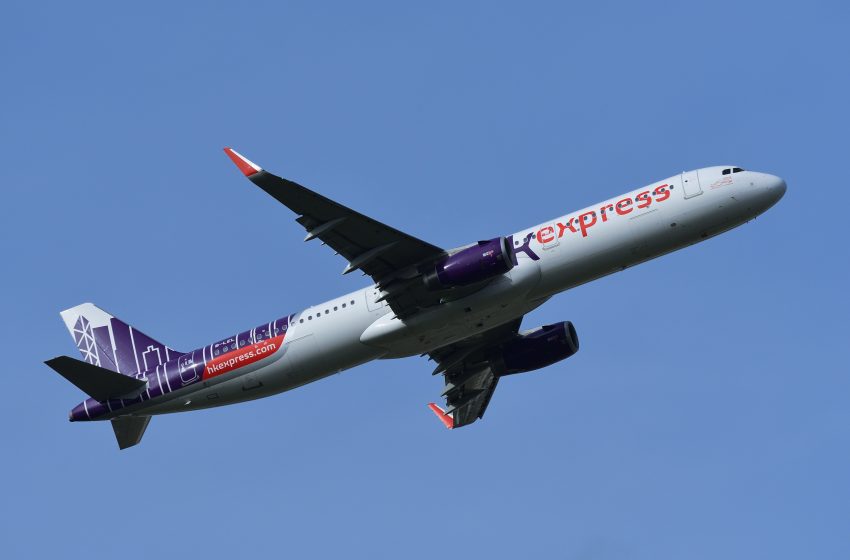
The sale of disposable vapes will be banned in England and Wales beginning in June of next year, the government has confirmed.
Ministers in England said the move, first announced in January by the previous government but not enacted before the general election, is intended to protect children’s health and prevent environmental damage.
The government said it had worked closely with the devolved nations and that they would “align coming into force dates” on bans. According to media reports, Wales has already confirmed it will follow suit.
Vaping industry leaders have warned the move could fuel a rise in illegal sales of the products.
The Department for Environment, Food, and Rural Affairs (Defra) said vape usage in England had grown by more than 400 percent between 2012 and 2023, with 9 percent of the British public now buying and using the products.
It is illegal to sell any vape to anyone under 18, but disposable vapes – often sold in smaller, more colorful packaging than refillable ones – are a “key driver behind the alarming rise in youth vaping”, the previous government said when it first set out its plan.
Public health minister Andrew Gwynne said banning disposables would “reduce the appeal of vapes to children and keep them out of the hands of vulnerable young people”.



















